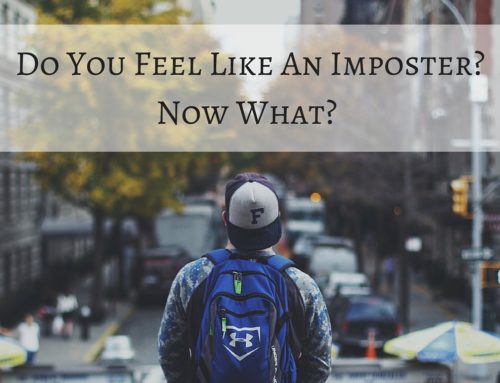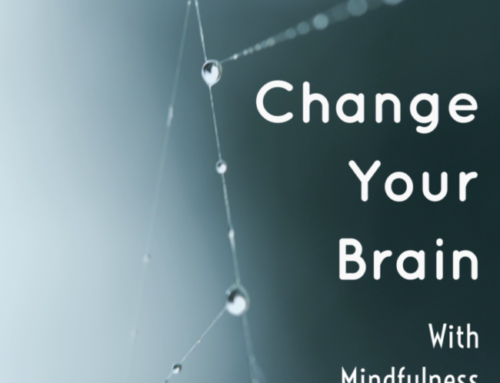
Simone Biles has been coming up a lot with my clients in therapy sessions lately. You might assume they have been talking about how impressed they are by her performances at the Olympic Games, but that hasn’t actually been the main focus. The conversations have centered around what she has been doing outside of her gymnastic competitions and how that has been inspiring them.
As you may recall, Simone Biles caused quite a media storm back at the 2021 Tokyo Olympics when she withdrew partway through the competition. At the time, Biles was struggling with what those in the gymnastics community call “the twisties,” which involves a specific form of sports performance anxiety where gymnasts suddenly find themselves unable to perform in the way they are used to. This can be terrifying and even life threatening because when gymnasts make errors in performance, it can have disastrous consequences and can cause potentially life-threatening injuries.
People were shocked by her actions and, even though USA Gymnastics stated that they “wholeheartedly supported” her decision, she was the recipient of a lot of harsh criticism. People labelled her as a “quitter” and claimed she was letting down her team, her country, and even the world. That’s a lot of pressure on one woman who was making one of the most difficult choices in her life. And now, after a stellar comeback performance at the 2024 Paris Olympics, she has joked about those very critics “They’re really quiet now, so that’s strange.”
The Importance of Prioritizing Mental Health
When asked about how she got from the low point in Tokyo to her successful return to the Olympics in Paris, Simone Biles has repeatedly pointed towards regular therapy and devotion to her general mental health. As a therapist, I am so grateful to her for taking these moments in the spotlight to be vulnerable and real and to normalize prioritizing mental health care. All too often, I hear my clients describe cruelty and judgment that they receive from family and workplaces when they need to take time off or make difficult choices in the name of their mental health care. This infuriates me. In the very moments when I am feeling proud of my clients for standing up for what they need, they are cruelly shot down and discriminated against.
This reinforces some of the very messages that my clients are working so hard to heal from. I love that Simone Biles is using the spotlight that she has earned to pave the way for others to make the right choices for themselves, even in the face of unfair and downright cruel criticism.
Facing Fear With Compassionate Awareness
I very much appreciate how she’s been honest and vulnerable about her continuing struggles with anxiety. She has been a strong role model as she continues to talk about how she is navigating anxiety with courage and strength. This doesn’t mean she is ignoring the fear. In fact, it means she is addressing it head on and treating herself with compassionate awareness as she acknowledges the hidden battle she fights each day.
Even at the Paris Olympics, she continued to meet with her therapist regularly and make difficult choices to prioritize her own self-care. In a recent TikTok video, she spoke openly about eating alone instead of at the Olympics Village cafeteria because of the anxiety that was triggered when she tried eating there and was crowded by so many people wanting to speak with her and take photos with her. So she made the choice to go out to the store and pick up food on her own instead of forcing herself to repeat that experience.
Be Like Simone
I was speaking recently with a client who had made the difficult decision to set some limits in her workplace because of the negative impact it was having on her mental health. When I expressed admiration for her courage, she blurted out “Ha! But I’m no Simone Biles!” I jumped in to question that statement. While my client is not a gymnast, she shared something very important in common with her. I reflected that Simone Biles isn’t the GOAT (Greatest Of All Time) just because she’s an amazing gymnast. She’s the GOAT because of her willingness to show courage in the face of fear. You can’t practice bravery or being courageous without feeling fear. Part of what makes her so awesome is the fact that she is willing to be vulnerable and honest about her fears and still show up and model doing what’s right – prioritizing her own mental health care and the value of therapy even when facing enormous pressure to do otherwise.
I saw little difference between my client and Ms. Biles in this situation. They were both showing up for themselves and prioritizing their mental health, even when they felt a great deal of pressure to give into external expectations.
And it’s true – you can’t practice courage without feeling fear. This is an important concept that I’d like more people to recognize. Far too often, we assume brave people simply don’t feel fear or acknowledge it. To me, that’s not courage at all. That’s ignoring, blocking, and putting on blinders. True courage comes from facing one’s fears and still doing what is needed or is right.
Feeling Fear But Moving Forward Anyway
A few weeks ago, my daughter (who is scared of spiders which are plentiful in our Pacific Northwest home), came across one in our basement. We are a spider-friendly family who don’t generally kill spiders, instead preferring to catch them in a cup and set them free outside. My daughter wanted my help, but I encouraged her to catch it herself. She managed to catch it in a cup and as she was running up the stairs and out the door with it, shrieking a bit along the way, I was trying to encourage her. “Look at you, you’re being so brave!!” She yelled back “No I’m not! I’m scaaaaaaaared.”
I said to her “That’s what makes you so brave! You’re scared and you’re still doing it!” Once the spider was set free and she calmed down, we talked a bit more about that. I hope she remembers that lesson as she continues to grow up and encounter things that scare her. Every one of those moments is an opportunity to practice courage and self-confidence.
Experiencing fear isn’t a failure by any stretch of the imagination. It’s a natural human emotion that everyone experiences (even if they don’t admit it). It’s our reaction to the fear that says more about us than the experience of fear itself. As Franklin D. Roosevelt once said, “There’s nothing to fear but fear itself.” Our reaction to the normal human experience of fear can sometimes be scarier than the fear itself. I continue to feel so much gratitude to Simone Biles for her courage to model self-care and self-respect, even (and especially) when feeling anxiety and fear.


